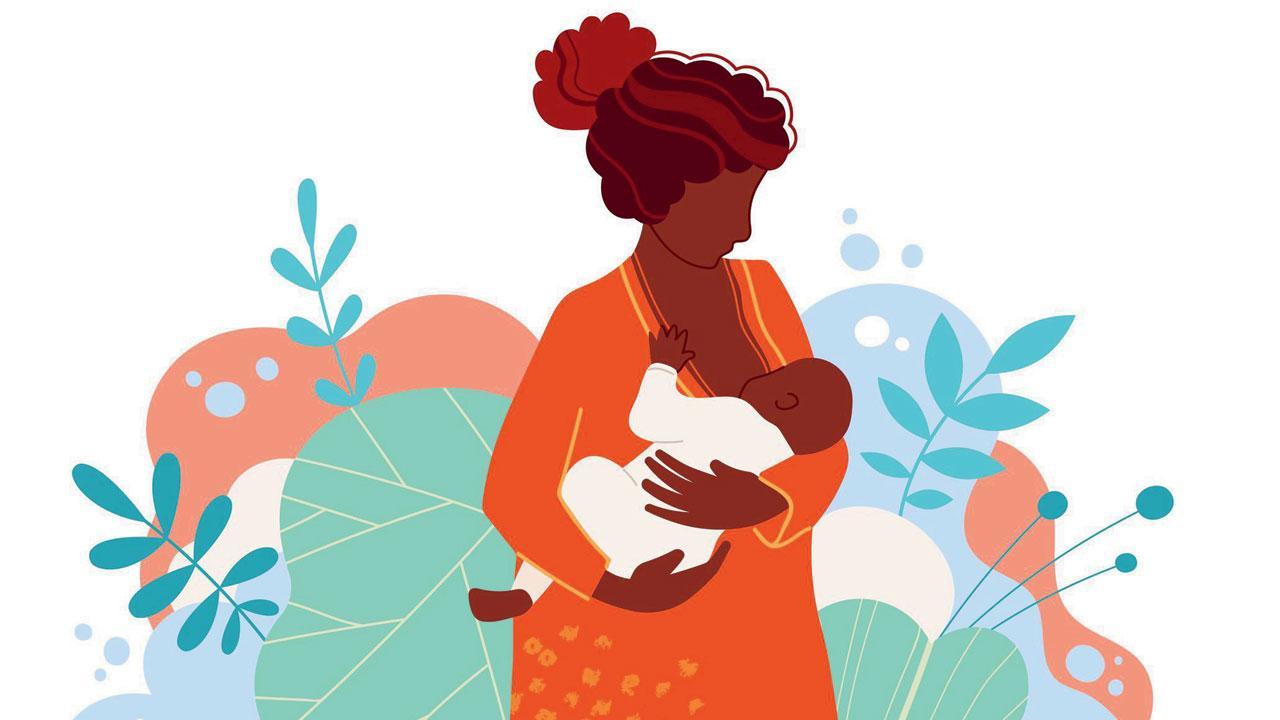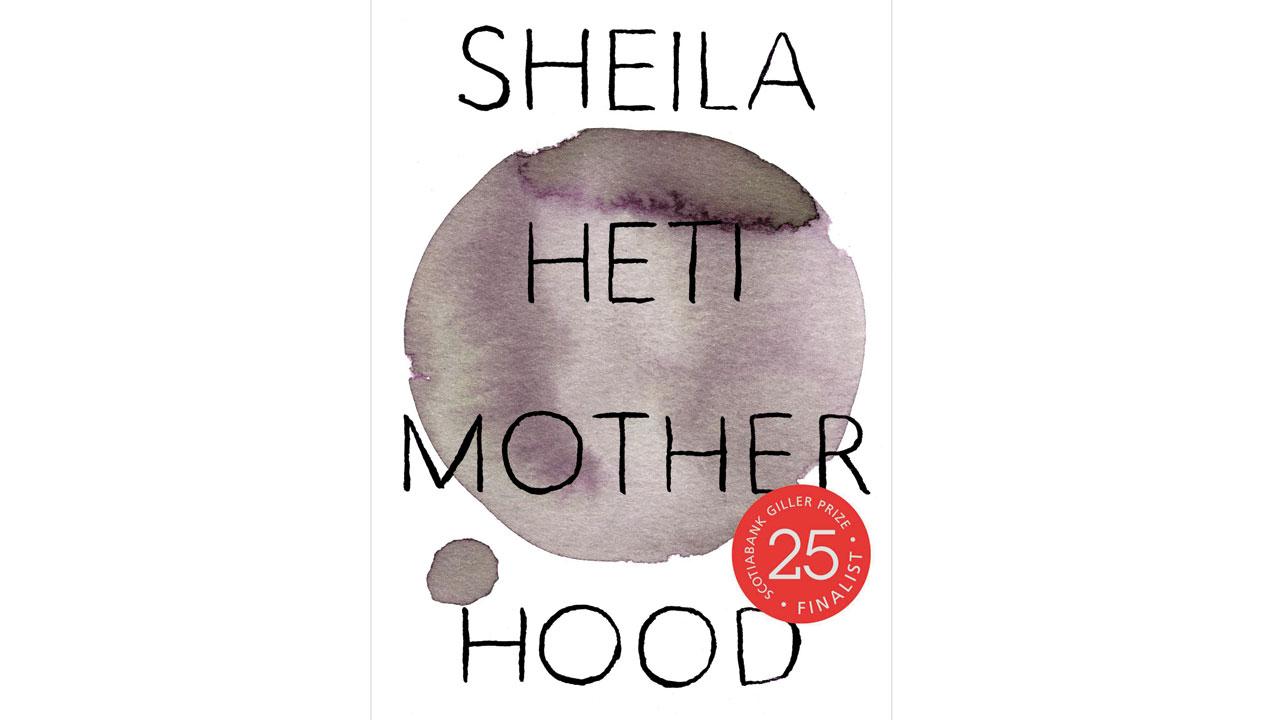Sheila Heti’s book, picked up in a quaint little bookshop, led to a journey into a woman’s indecision and the reasons behind them

Even today, in the 21st century, women still have to navigate a false choice between motherhood and career
 On the second day of my sojourn in Innsbruck, I came upon an inviting bookshop called Haymon in Innsbruck, thanks to our friend Anton, who suggested we grab a coffee there post-lunch. Haymon is large, elegantly designed in monochromatic hues, and features a fabulous range of titles in German translation, in original German, as well as a selection of contemporary works in English. It’s not quite a cafe, it has one table with four chairs where one could hang out either alone or with a friend over a hot drink. I like the intimacy of it, and the sheer range. It’s not your typical bookshop which mainly stocks bestsellers; boasting, instead, a more eclectic collection for the more intellectually inclined. I returned to the shop on my own some days later and chanced upon Sheila Heti’s novel—Motherhood. It was above my reach, but I asked the caretaker to fetch it for me. I wanted to read a few pages before deciding whether to buy it or not.
On the second day of my sojourn in Innsbruck, I came upon an inviting bookshop called Haymon in Innsbruck, thanks to our friend Anton, who suggested we grab a coffee there post-lunch. Haymon is large, elegantly designed in monochromatic hues, and features a fabulous range of titles in German translation, in original German, as well as a selection of contemporary works in English. It’s not quite a cafe, it has one table with four chairs where one could hang out either alone or with a friend over a hot drink. I like the intimacy of it, and the sheer range. It’s not your typical bookshop which mainly stocks bestsellers; boasting, instead, a more eclectic collection for the more intellectually inclined. I returned to the shop on my own some days later and chanced upon Sheila Heti’s novel—Motherhood. It was above my reach, but I asked the caretaker to fetch it for me. I wanted to read a few pages before deciding whether to buy it or not.
ADVERTISEMENT
In the beginning there was a note about a technique used by people who consult I Ching, a 3,000-year-old Chinese-origin divination system involving flipping three coins. This system is used throughout the book, which hinted at the narrator’s potential indecisiveness. At first I found it annoying. It seemed like a cop-out, a cheap trick for furthering a narrative. Ask a series of profound-sounding questions that involve the word soul and get chance answers that preempt the next question. At the book’s core, however, is the female narrator’s own contempt towards her inability to decide whether to embrace motherhood or persist in her rejection of it. She is partnered, but with someone who has already been a father and who isn’t particularly keen on repeating the experience. It’s up to her, he says, and the rest of the book is essentially an unfurling of her subjectivity as someone who simply cannot make up her mind. I wondered if the book’s premise seemed more irritating than empowering, and if perhaps it wasn’t worth my time, until I realised I had already read about 21 pages and was keen to continue.

Cover of Sheila Heti’s book Motherhood
It is intriguing to read a book in which there really is no plot beyond the narrator’s indecision. She takes a deep dive into her conscious and subconscious selves, trying to elaborate upon her reluctance and empathising with her not-so-unique predicament as someone approaching 40, who feels the sense of time slipping away and explores, through conversations, the pressure projected onto her by her female friends who are mothers, while feeling resentment towards the fact that she is among a diminishing tribe among her consciously child-free friends. The narrative is, in fact, speckled with eccentric insights and thoughts, and even though one doesn’t have a sense of her physical appearance, one surmises the extent of her intellectual and emotional universe which are marked by many of the frailties that are universal to many of us who were conditioned as women—fear of abandonment that limits our ability to thrive emotionally and to form intimate connections with our partners, insecurities about our appearance, and the fear of losing one’s sense of self in the entanglements that motherhood necessitates. It’s strangely enjoyable, even when one feels irritated by the narrator. In fact, what endears us to her is that she is aware of how irritating her own indecision is. When she considers freezing her eggs, she finds herself choosing, in the end, not to, because doing so would involve freezing her indecision.
It’s hard not to relate to the ambiguity, especially if, as a woman, you have also felt the need to reject the notion that motherhood is your biological fate, that you will only be complete, can only be complete, once you endure the experience of childbirth and embrace motherhood. Heti’s narrator represents the consciousness of so many women who are, in fact, perfectly content with the way their lives are without the company of children, but who are stigmatised for their choice to be child-free. Take this excerpt, for instance, “Erica once said, We had our child as a hedge against future regret. But is it right to make someone live, so you might not feel some regret? Unlike Erica, I have always feared that I would regret having had one, more than regret not having—for it has not escaped my notice that my happy imaginings of being a mother are always about having mothered—of smiling and waving at the front door as the children move on.”
I think the most delicious thing about Heti’s book is the validation of the kind of apprehensions that many older women, especially those who have manoeuvred successful careers, share. It is also a testimony to the fact that even today, in the 21st century, women still have to navigate, what I feel is, essentially a false choice between motherhood and career. Demanding a more feminist world involves building the kind of support systems that can nourish someone’s decision to embrace motherhood, dismantling the patriarchal conceit of having it all, frequently at the expense of one’s selfhood while valuing the immensity of reproductive labour. It also implies that women have complete autonomy over their bodies and are not shamed for choosing to be child-free. I’m still at page 189 and have no idea what fate awaits Heti’s narrator, but I highly recommend the book if you’re looking for a mirror to your own indecision about the subject.
Deliberating on the life and times of Everywoman, Rosalyn D’Mello is a reputable art critic and the author of A Handbook For My Lover. She tweets @RosaParx
Send your feedback to mailbag@mid-day.com
The views expressed in this column are the individual’s and don’t represent those of the paper.
 Subscribe today by clicking the link and stay updated with the latest news!" Click here!
Subscribe today by clicking the link and stay updated with the latest news!" Click here!







